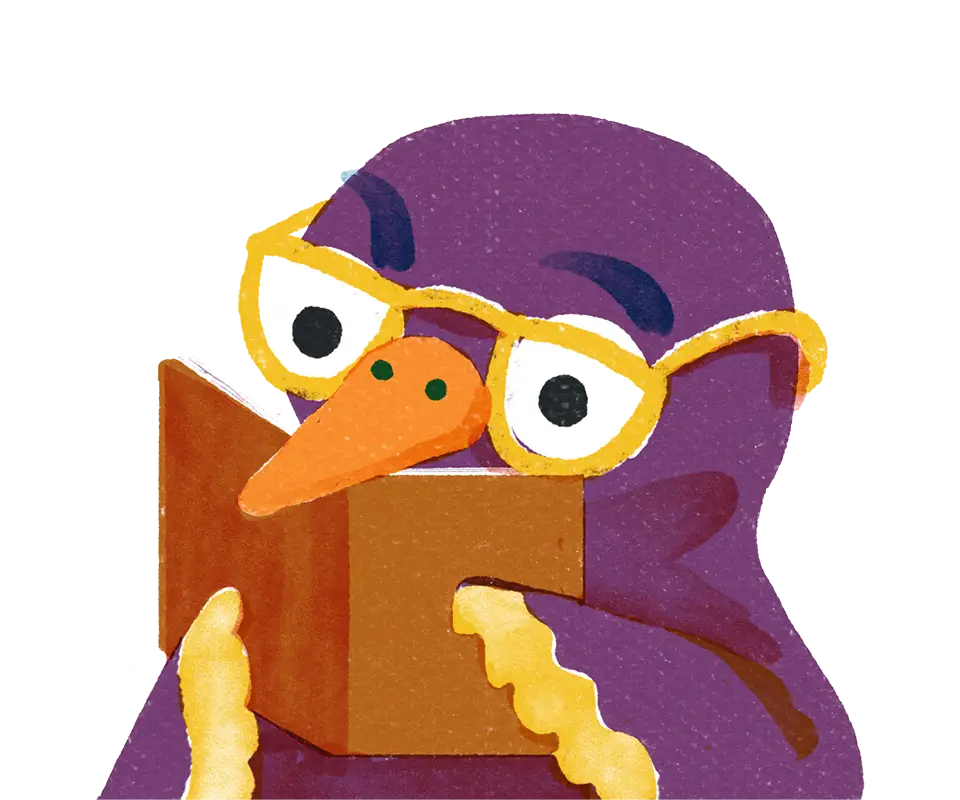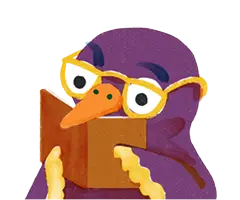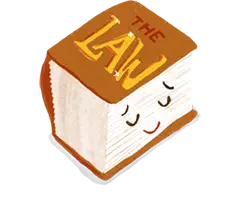Topic
Intellectual property
This page contains different parts of laws about Intellectual property, within the topic of Business.

Important laws about Intellectual property
Trade Marks Act 2002
This law explains what trade marks are and what the rules about them are for
3: Purposes
Trade Marks Act 2002
This law explains what trade marks are and how they work in New Zealand
4: Overview
Trade Marks Act 2002
Explaining important words used in the trade mark law
5: Interpretation
Trade Marks Act 2002
What counts as using a sign for goods or services
6: Meaning of use of sign
Trade Marks Act 2002
What counts as using a trade mark in this law
7: Meaning of use of trade mark
Trade Marks Act 2002
A registered trade mark is something you can own and protect like other property
9: Nature of registered trade mark
Trade Marks Act 2002
Registered trade marks give you special rights to use and share your logo or name
10: Rights that attach to registered trade marks
Trade Marks Act 2002
Extra rules about what you can do with your registered trade mark
11: Additional matters that relate to rights attaching to registered trade marks
More laws about Intellectual property
About this project
What is this project?
This project is an experiment to take difficult language, and make it easier to read and understand for everyone.
How do we do this?
What's our process for taking the law and turning it into plain language?
Why is the law written like it is?
Laws are often hard to read. They use a lot of words and language we don't usually use when we talk.
Should we use AI for this?
What are the good and bad sides of using AI?
Is this information the actual law?
We hope that this information will help people understand New Zealand laws. But we think that it's important you talk to someone who understands the law well if you have questions or are worried about something.
You can talk to Community Law or Citizen's Advice Bureau about your rights.
Remember that AI can make mistakes, and just reading the law isn't enough to understand how it could be used in court.
You can talk to Community Law or Citizen's Advice Bureau about your rights.
Remember that AI can make mistakes, and just reading the law isn't enough to understand how it could be used in court.




